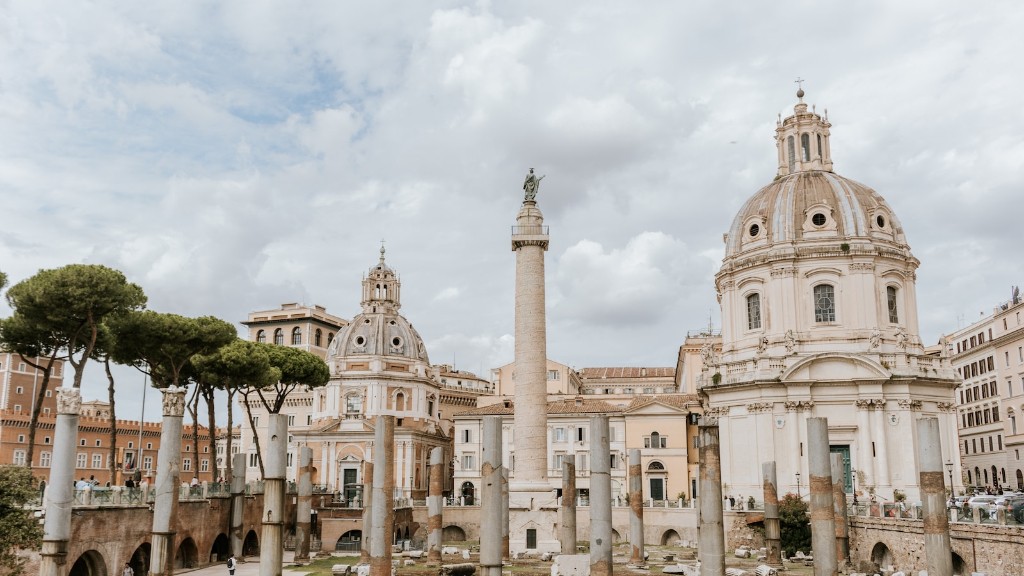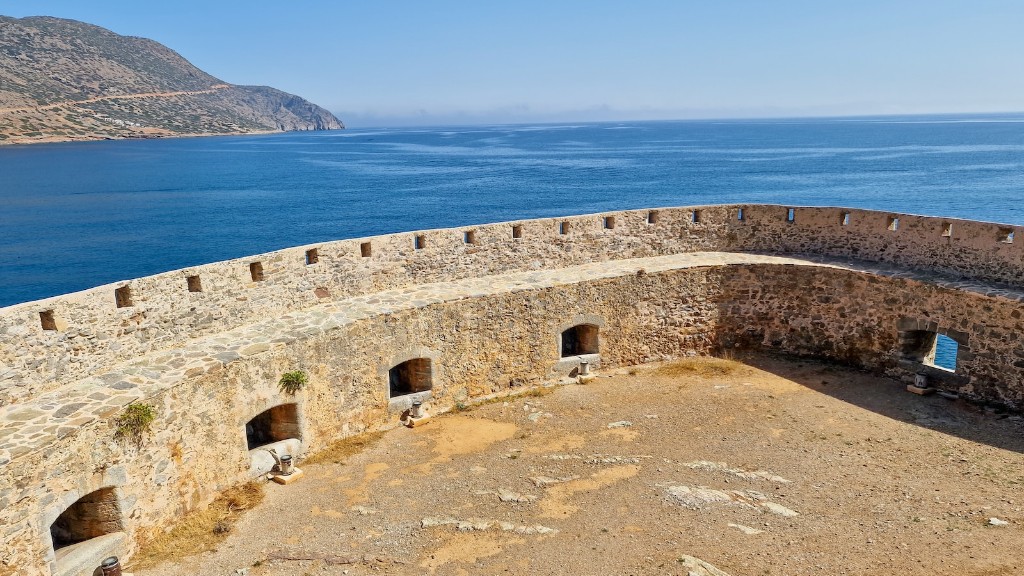What Was Ancient Rome Famous For
Ancient Rome is widely renowned for its rich history, influential culture, and significant contributions to various aspects of human civilization. This article aims to explore the key elements that made ancient Rome famous, focusing on its military prowess, innovative engineering, impactful legal system, and enduring artistic achievements.
A Military Powerhouse
Ancient Rome’s military prowess was unparalleled during its time. The Roman Empire expanded its territories through strategically planned military campaigns, utilizing innovative strategies and well-disciplined armies. With their advanced military tactics and superior weaponry, the Romans succeeded in conquering vast lands, establishing one of the largest empires in history.
The Roman army’s remarkable organization and discipline played a crucial role in their success. Legions composed of skilled and highly trained soldiers created an efficient fighting force. The Roman soldiers were known for their discipline, loyalty, and adaptability to different terrains. This military might allowed them to conquer and control diverse territories across Europe, Asia, and Africa.
Innovative Engineering
Ancient Rome revolutionized the field of engineering by constructing remarkable structures and infrastructure that continue to inspire awe today. Their expertise in civil engineering is exemplified by the construction of iconic structures such as the Colosseum and the aqueduct system.
The Colosseum, a masterpiece of Roman architecture, stands as a testament to their advanced engineering skills. This grand amphitheater could accommodate up to 50,000 spectators and hosted various events, including gladiatorial contests and mock sea battles.
The Roman aqueducts, known for their impressive scale and complexity, were essential in supplying water to the ever-growing cities of the empire. These meticulously constructed channels, bridges, and tunnels ensured the uninterrupted flow of water, improving sanitation, and enabling the development of thriving urban centers.
A Transformative Legal System
The Roman legal system laid the foundation for the modern concept of law and justice. Ancient Rome introduced the concept of codified law, where laws were written down and made accessible to the general public. This shift from oral tradition to written law allowed for greater transparency and fairness.
The Roman legal system emphasized the importance of equal treatment under the law. The principles of presumption of innocence and the right to a fair trial were significant advancements. Additionally, Roman law recognized the rights and responsibilities of individuals, including property rights and contracts.
Furthermore, Roman legal scholars, most notably Cicero, greatly influenced legal thinking for centuries to come. Their works, such as “De Legibus” and “De Officiis,” explored moral and legal philosophy, providing a comprehensive understanding of ethics and governance.
Enduring Artistic Achievements
Ancient Rome excelled in various forms of art and left behind an impressive cultural legacy. Roman artists drew inspiration from Greek art and developed their unique artistic style, blending realism with grandeur.
Sculpture played a significant role in Roman art, with marble statues depicting gods, emperors, and heroes. The mastery in capturing realistic human forms and intricate details can be observed in famous sculptures such as the renowned Augustus of Prima Porta.
Architecture was another area where Rome showcased its artistic proficiency. The Romans created monumental structures such as the Pantheon, renowned for its impressive dome, which stands as a testament to their architectural mastery.
Roman literature made remarkable contributions to the world of writing. Epic works like Virgil’s “Aeneid” and historical writings like Tacitus’ “Annals” have had a lasting impact on Western literature. Roman poetry, philosophy, and drama further enriched the cultural landscape of ancient Rome.
Conclusion
Ancient Rome’s fame is well-deserved, thanks to its military might, innovative engineering, transformative legal system, and enduring artistic achievements. The legacy of ancient Rome continues to influence and shape our modern world, leaving an indelible mark on human civilization.


